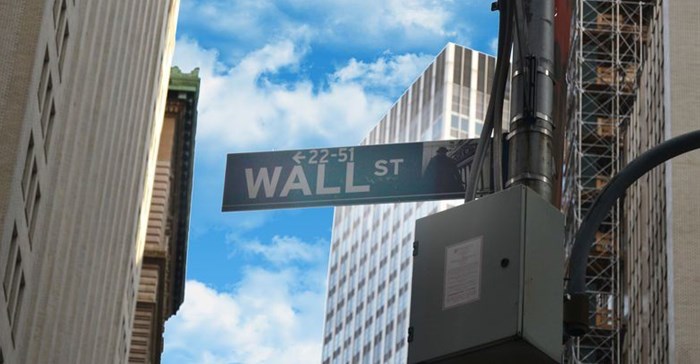What is GameStop?
GME is a struggling, publicly listed company on the New York Stock Exchange that sells video games and accessories through a chain of stores - think Blockbuster for video games. And like Blockbuster, GameStop is likely to suffer the same fate given that more and more people are downloading games off the internet so they don’t need to leave the couch.
As a result of this negative outlook, a few hedge funds and associated research institutions, notably Melvin Capital and Citron Research, decided to short GME. Now, neither company has a good name on Wall Street and have been known to hunt and destroy companies around the world - they even tried shorting Tesla previously. But founder, Elon Musk got his revenge through GME.
Short selling - huh?
Let’s just stop for a moment and describe what short selling actually is and how it works. Now when most people think of stock trading you think of buying shares at a low price and then selling high and pocketing the difference as profit. Short selling is doing exactly that in reverse. A short seller believes that the share price is going to drop, so they go to the market and borrow shares for a fee with the obligation of returning the shares to the lender. The cost of borrowing shares is usually 0.3% p.a. of the share value (cost of borrowing GME shares was over 40% p.a. last week). The fee is calculated and paid daily, so the longer you hold the shares the more you pay.
So now short sellers can take the shares they’ve borrowed and sell them on the market (sell first). If all goes according to plan and the share price drops, the short sellers then buy shares at a lower price (buy last) and return them to the lender pocketing the difference between the price they sold them at and the price they bought them for.
For short sellers there are a key metrics. Most importantly, there’s the short percentage of float”- the proportion of traded shares that are currently being held short. Anything above 10% is noteworthy - last week, more than 100% of GameStop’s traded shares were sold short, that means that every GameStop share was borrowed (at least once) to be sold short, which is almost unheard of.
This is where r/WallStreetBets come in - a Reddit forum with over two-million subscribers who chat about all things to do with investing and share trading. A few savvy community members, noted the excessively high short percentage of float, and thought that there might be an opportunity to force a “short squeeze” if they could galvanise enough investors to drive up the share price.
Short squeeze - probably not what you may think
A short squeeze occurs when the share that has been shorted increases dramatically in value and lots of short sellers are forced to buy back the shares they owe to the lenders at a share price that is much higher than the amount they sold them for, thus realising a loss (sold low, bought high). Obviously, nobody wants to do that so some short sellers will try to ride out the increasing share price in the hope that the share price will eventually drop.
However, and this is where it gets interesting, their brokers will demand that they deposit the cash they need to close their position (i.e. buy and return the shares) into their trading account, if not then they will be forced to close and thus realise a loss (that’s why Melvin Capital had to borrow $2.75bn, to post collateral). A short squeeze typically results in a rapid increase in share price because all the short sellers are forced at the same time to close out their positions therefore pushing up demand for the share, making the price increase even more.
In a sense this past week has been a David (or more accurately many Davids) versus Goliath story, where a motley crew of individual investors were able to trigger a short squeeze resulting in hedge funds realising mind-blowing losses with estimates of around $20bn lost by short sellers in January 2021. On the flip side this has made a few investors who were long GME (i.e. believe GME’s stock price would rise) incredibly wealthy - upwards of 25 times return on your investment. Investing R1,000 in GME on 1 January 2021 would have been worth R25,000 at its peak.
Where to now?
It’s unclear what the fall out of the past week will be. Nobody seems to be shedding a tear for the hedge funds that got burnt. Many investors are livid with platforms like Robinhood and Public that restricted trading of GME last week, amounting to market manipulation and interference. Robinhood claimed they did so for capital risk mitigation reasons. Surprisingly the regulating agency, the SEC, has been quiet on the issue saying only that “extreme stock price volatility has the potential to expose investors to rapid and severe losses” that could “undermine market confidence”.
Don't try this at home
As expected, GameStop has tanked over the past few days from its peak of $483 to around $90 on 2 February 2021. Unfortunately many normal people (not only hedge funds) have lost a lot of money if they bought in at these high levels and they couldn't get out in time. GameStop is likely to drop even further. There are likely to be many more of these stories in the near future so sit back and enjoy the show.








































